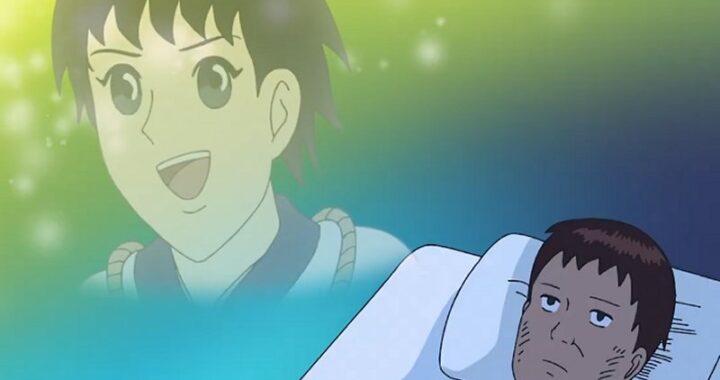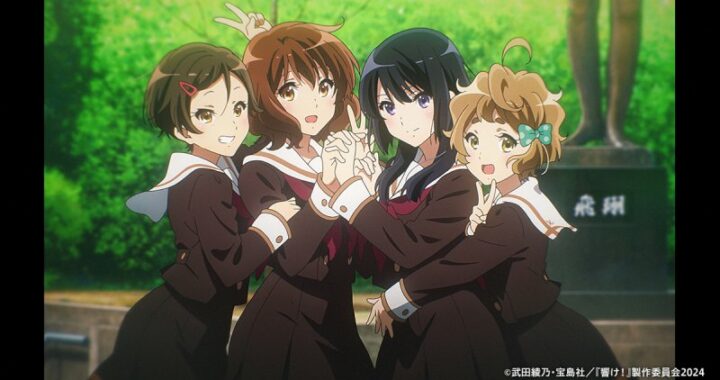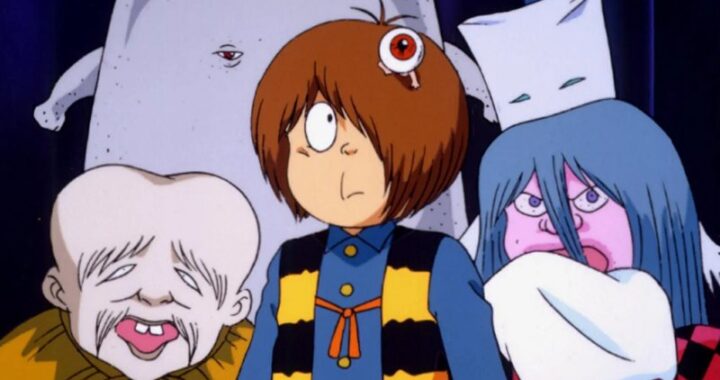 ”’Fighting-game comrades,’ huh…? […] I sort of like that expression. It removes all the ambiguity of the word friends.”
”’Fighting-game comrades,’ huh…? […] I sort of like that expression. It removes all the ambiguity of the word friends.”
Creative Staff:
Story: Wataru Watari
Art: Ponkan8
Translation: Jennifer Ward
What They Say:
When you’re always alone, avoiding someone shouldn’t be this difficult.
The path of the loner is well-worn territory for Hachiman Hikigaya—no friends and nothing to lose. Sure, he’s had more social contact than usual thanks to the Service Club, but the recent awkwardness between him and Yui Yuigahama is nothing new. Their relationship is just back to square one, the way it should be… except that Yukino Yukinoshita is determined to celebrate her approaching birthday and Miss Hiratsuka has issued an ultimatum that they fill the empty spot in the club by Monday. With little practice shopping for girls or connecting with other people, Hachiman has his work cut out for him…
The Review:
Content: (please note that content portions of a review may contain spoilers)
My Youth Romantic Comedy is Wrong, as I Expected is the type of series that revels in its narrator’s eccentricities, often going as far as pitting them first before any signs of story. And in most cases, this has been pretty forgivable, as the friendless narrator Hachiman is an entertaining character to have string along the story for you. His constant rants about the clique-y lifestyles of his more normie-minded classmates are oddly eloquent in how observant they can be, and his more than occasional pop culture references add to the hopelessness of his character rather than coming off as obtrusive and try-hard like certain other books.
The problem with this set-up this time around is that we’re suddenly stripped of the school setting that Hachiman is so eager to complain about—or at the least it’s clear that author Wataru Watari is getting tired of the same setup and punchline for their lead character’s dialogue. Rather than focusing on the school setting, Watari has his characters more concerned about various relationships they’ve established with each other; what defines a friend versus an acquaintance, and can there exist several fringe groups between the two. And while this is a natural progression for any story to take, its execution is unfocused.
With Yui ditching Service Club meetings, Yuki and Hachiman are tasked with either finding a new member or winner their old one back. This would have been the perfect opportunity to delve into the social hierarchy of the in-crowd (Yui’s primary group) versus that of the loners (the Service Club). But when the plot finally gets rolling, we’re met less with cutting truths as told by our favorite loser, and more with dialogue-heavy conversations about nothing, where nothing of any true importance gets accomplished. For chapters at a time, we’re met with long ramblings about what type of gift Yui would like for her upcoming birthday, and the minutia of navigating a shopping mall. The dialogue itself is very par for the course for the series, yet it doesn’t have the same amount of focus that earlier volumes had. Rather than loosely gravitating around the plot until it slowly crashes head-on into it, it simply spends its time in orbit, enjoying whatever it feels like enjoying at the time until the novel eventually comes to a close.
This isn’t to say that the novel itself lacks a satisfactory beginning and end. On the contrary, its setup of Yuki and Hachiman winning Yui over by planning a party for her birthday, and the inevitable final chapter of that birthday is a satisfactory arc based on that start and finish. It’s what the novel does with its middle that is the most problematic. Where the novel clearly spends most of its time—including its climax—is in a seemingly unrelated story involving Zaimokuza and the rather obtuse beef he has with the school’s gaming club. The Service Club ends up being roped into this drama that’s resolved in a climactic card game, but it feels so contrived with nothing really carrying over from the experience even though it gets such an undeservedly large chunk of pages dedicated to it.
The following chapters involving Yui’s birthday and the unspoken love-triangle between the three leads is enjoyable enough, but ends up being something I wish was better paced throughout the entire run of the book, rather than classily led into at the first chapter, then rushed back in by the final chapter.
In Summary:
My Youth Romantic Comedy is Wrong, as I Expected volume 3 starts off promising enough only to meander so far away from its initial plot setup that not even a strong final chapter can save the volume as a whole. Hachiman’s once cutting narrative wit has begun to dull to nothing more than long onslaughts of pop culture references. Furthermore, its primary plot ends up getting hijacked by none other than Zaimokuza—a tertiary character everyone goes out of their way to avoid. And while it does have some poignant moments, the story it takes place in just isn’t much to speak of.
Content Grade: C
Art Grade: B
Packaging Grade: B
Text/Translation Grade: A
Age Rating: 13+
Released By: Yen On
Release Date: September 19, 2017
MSRP: $14.00




